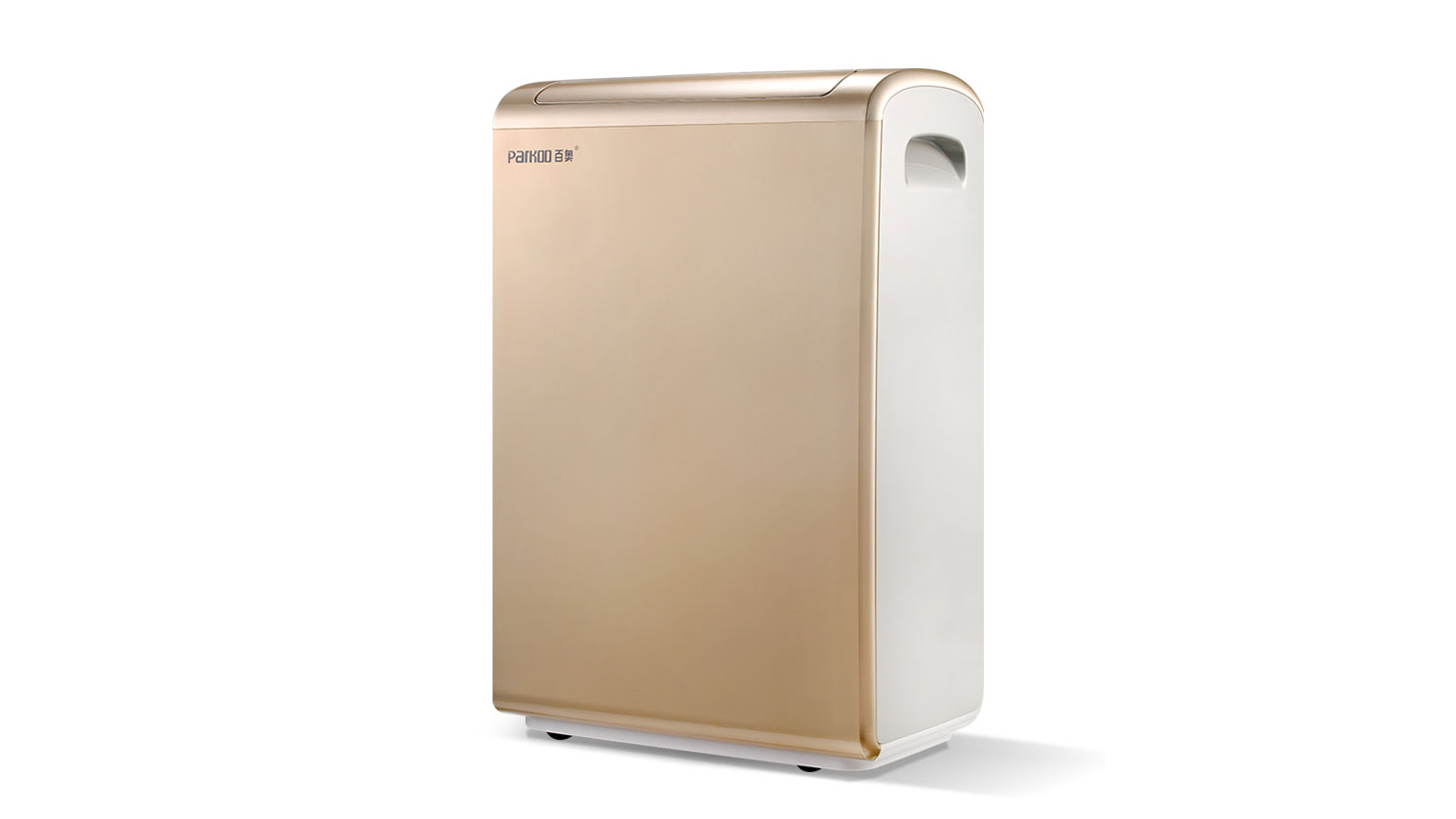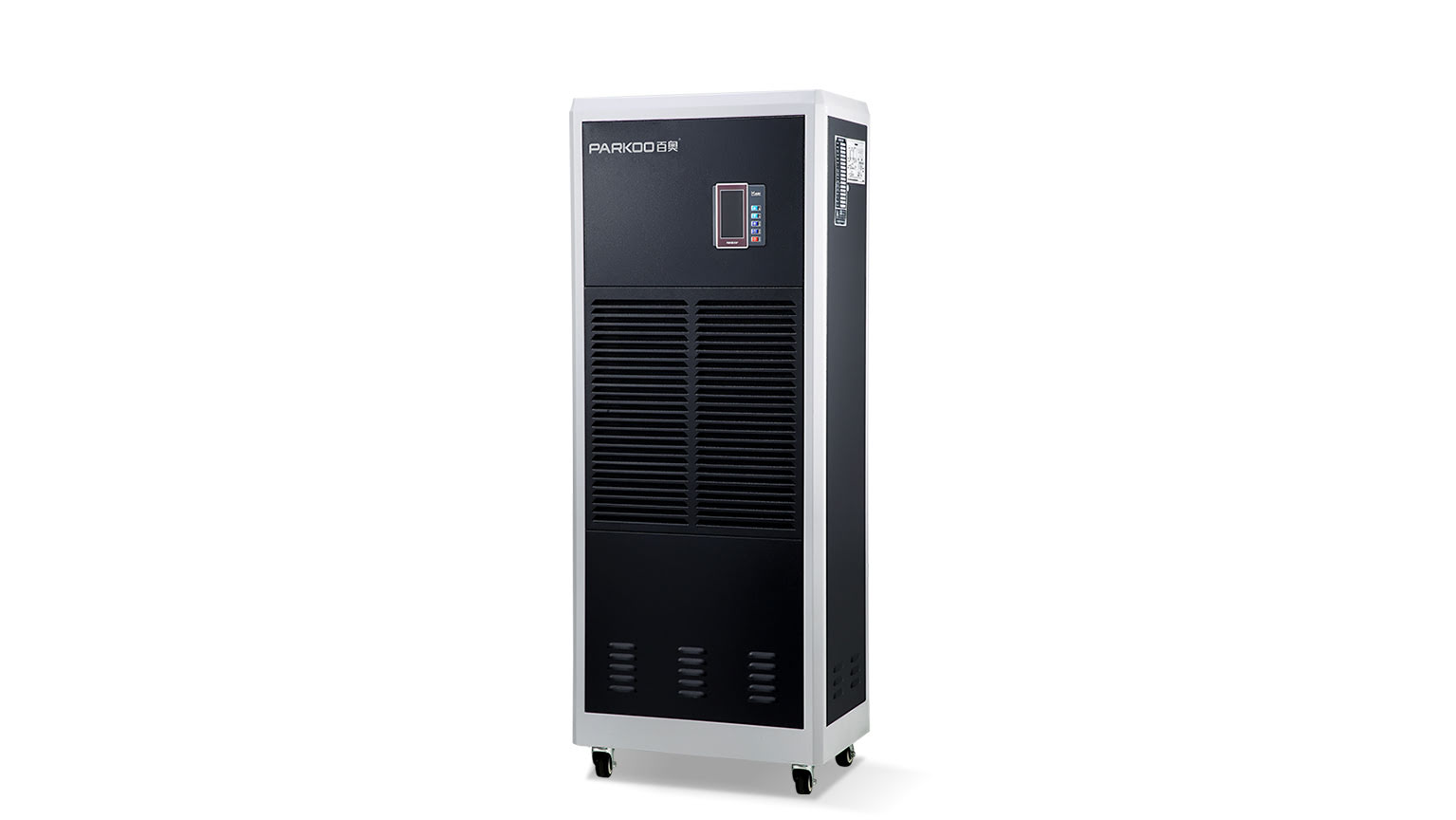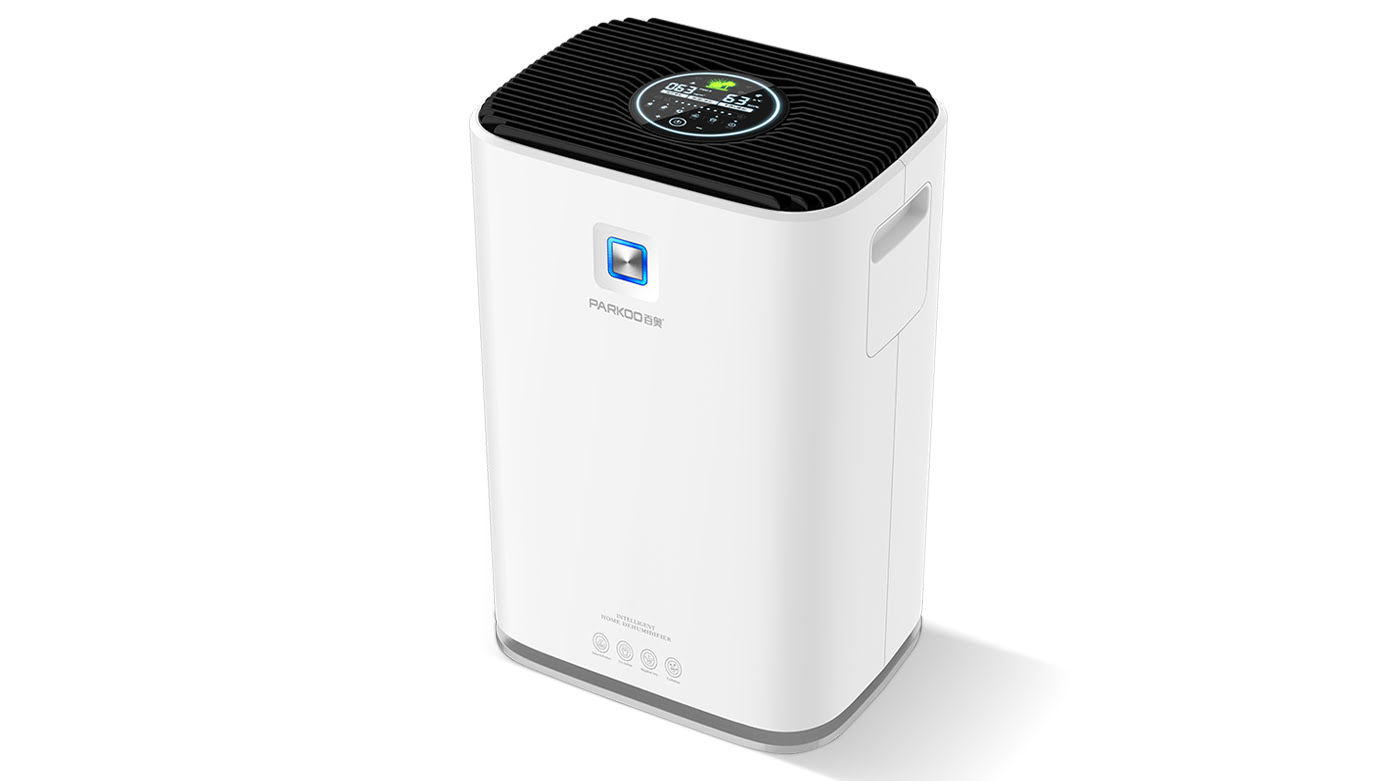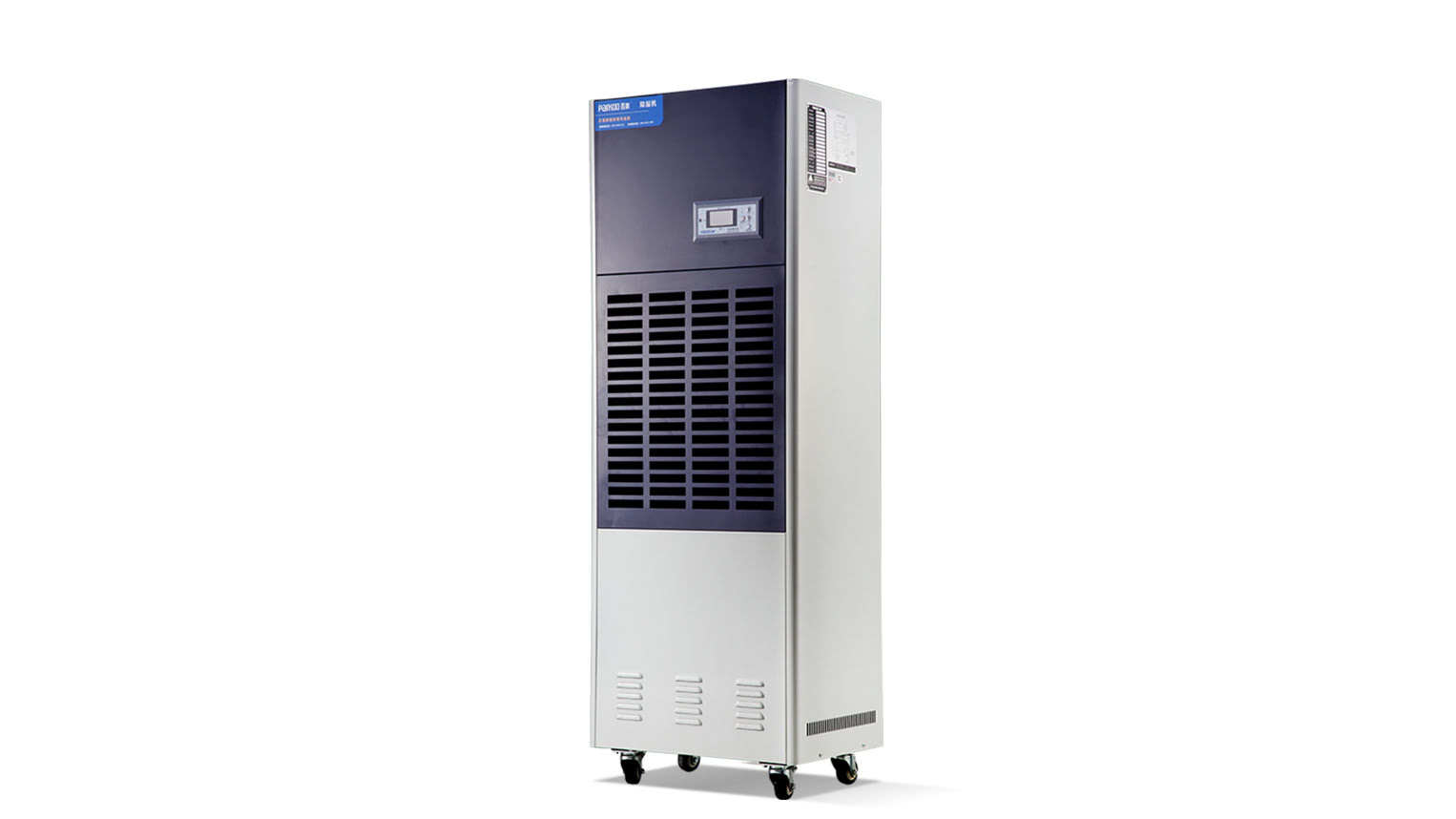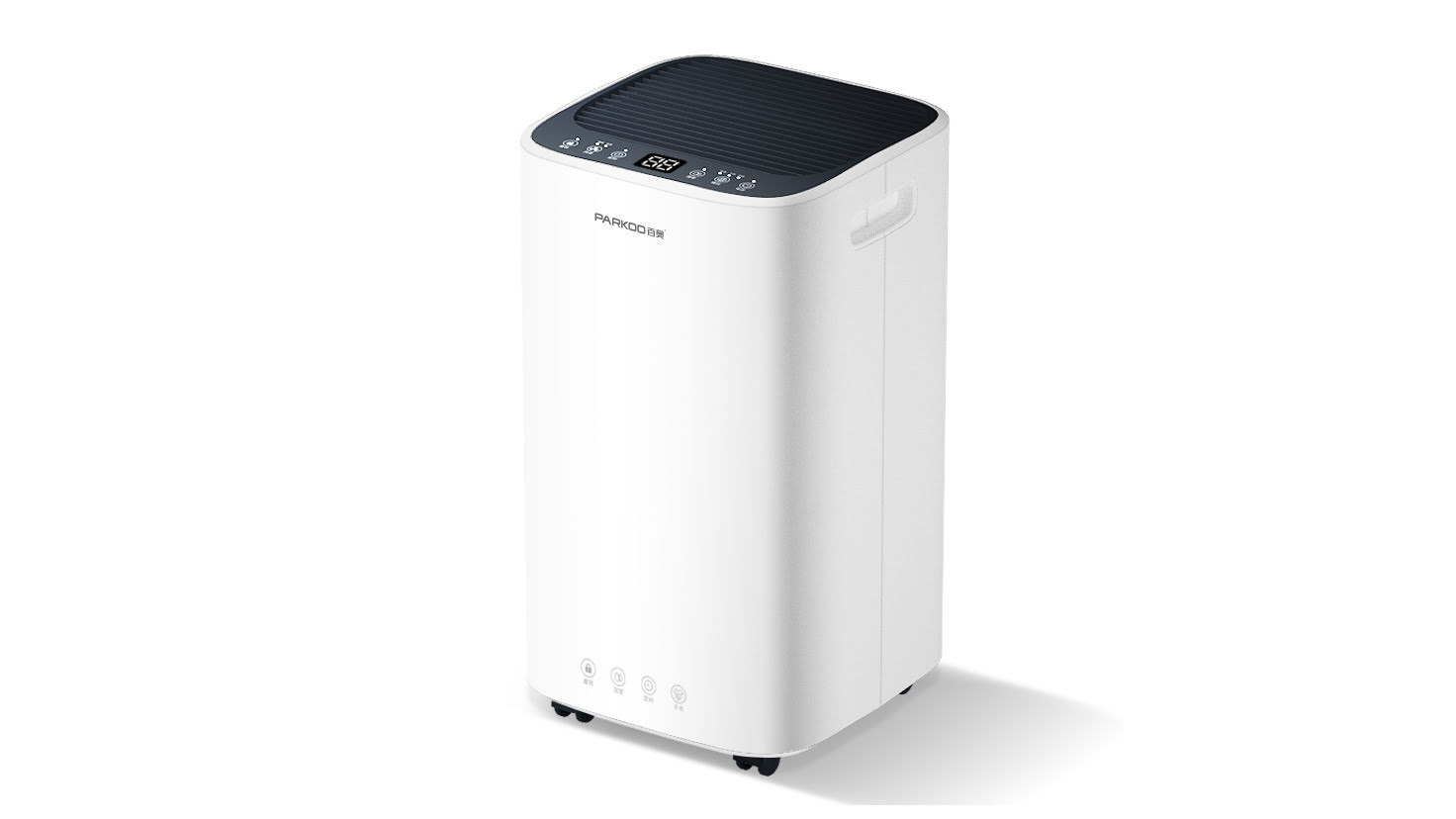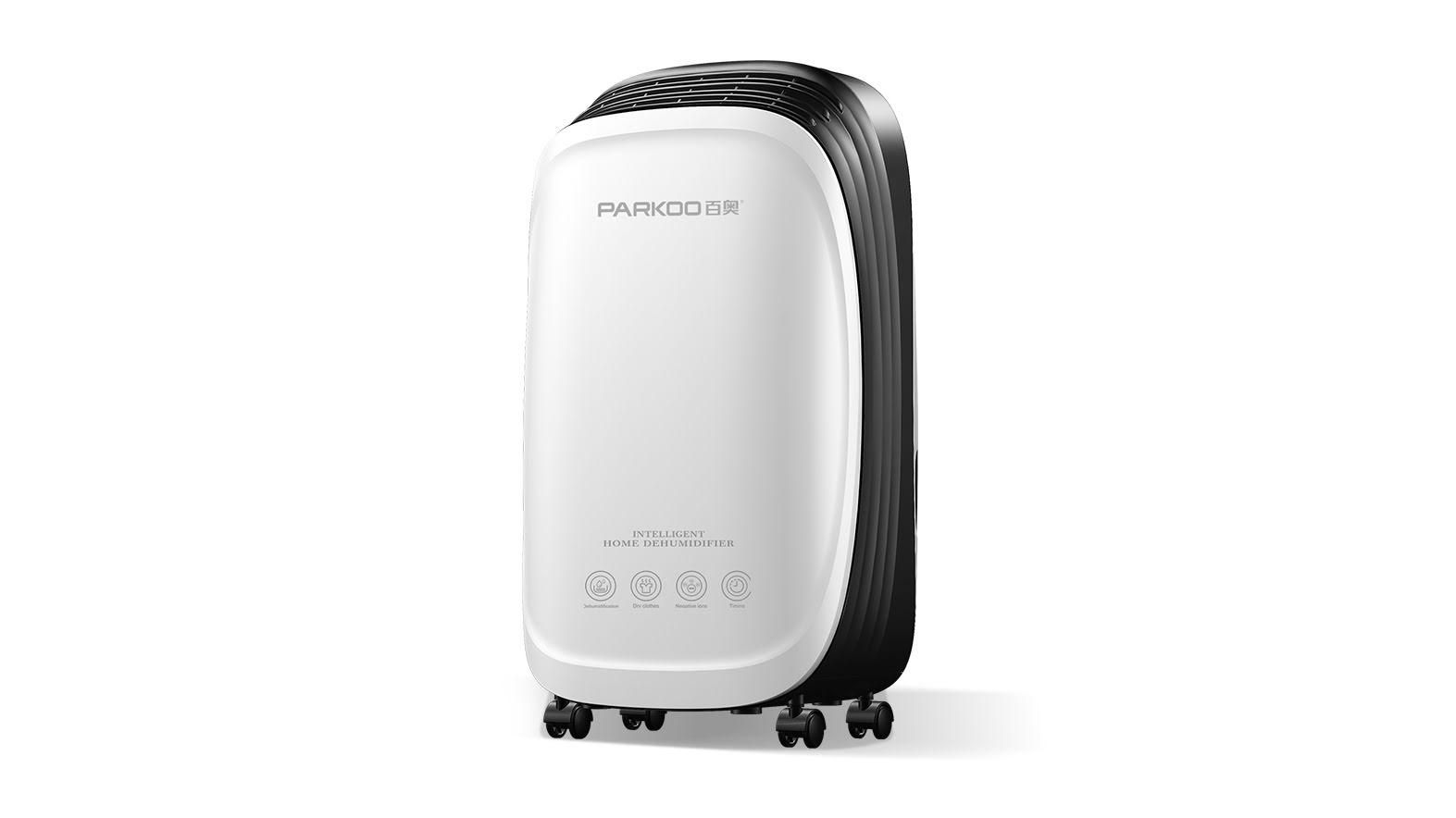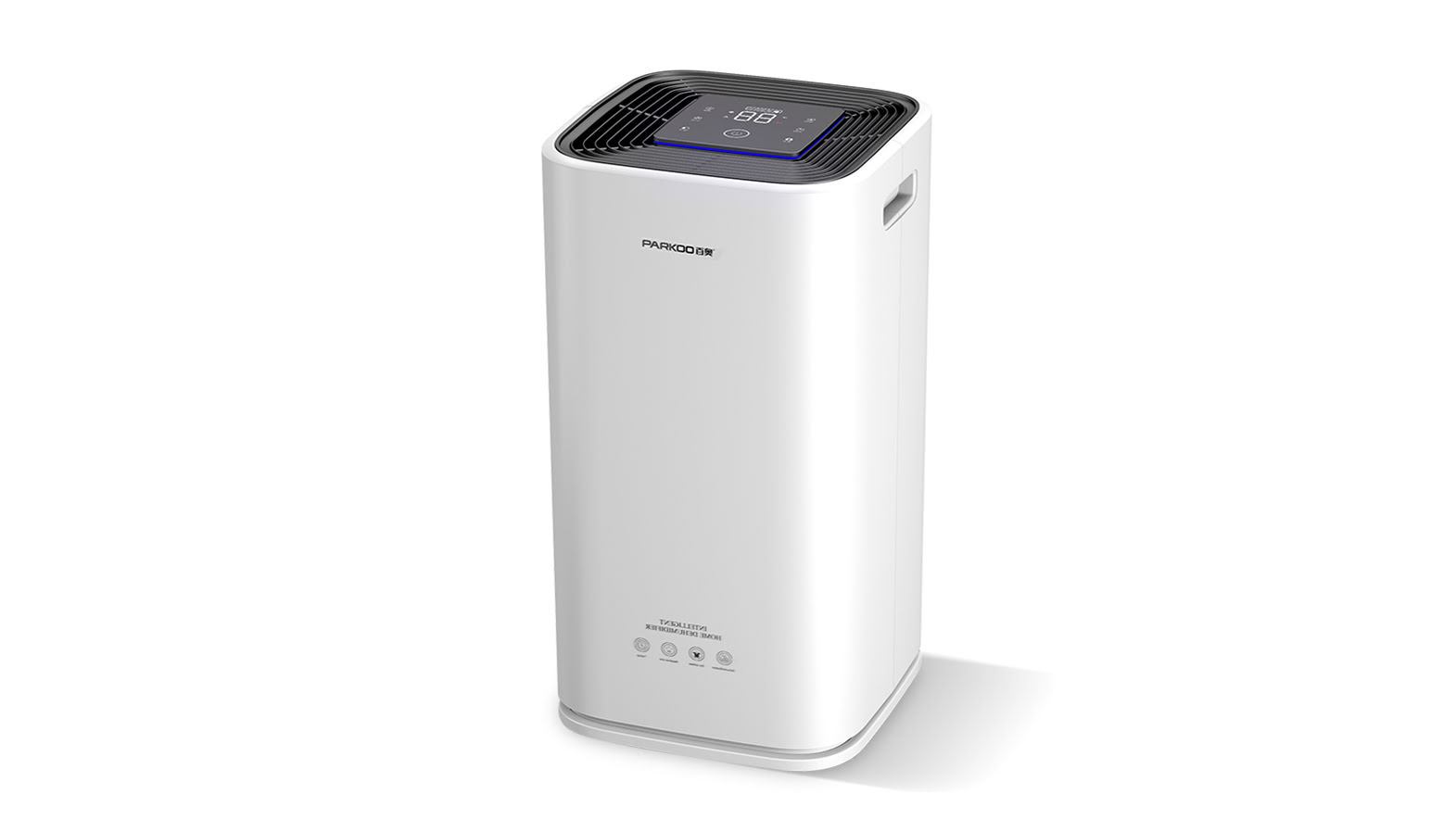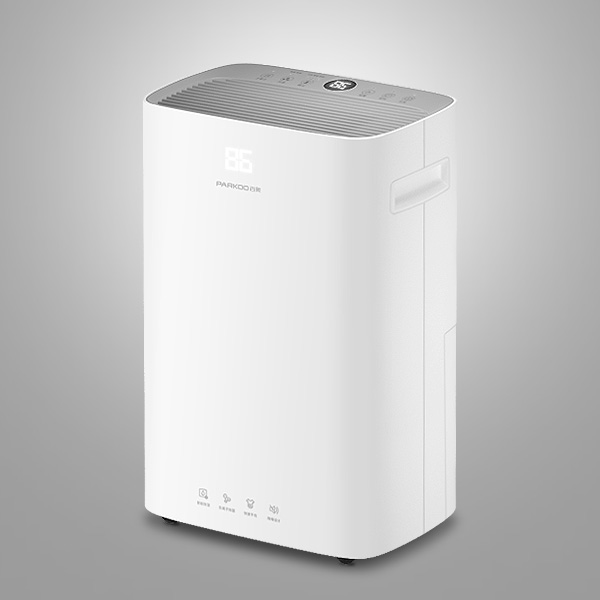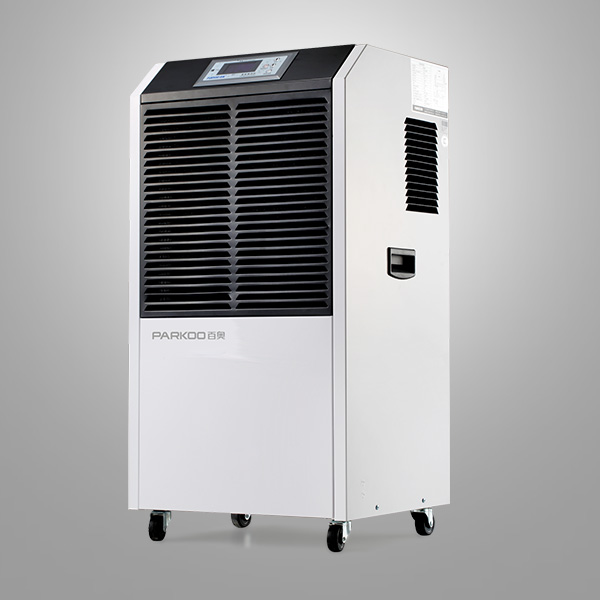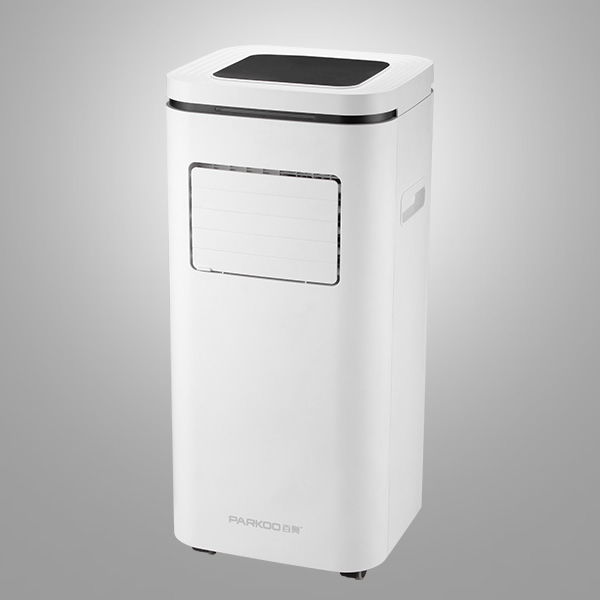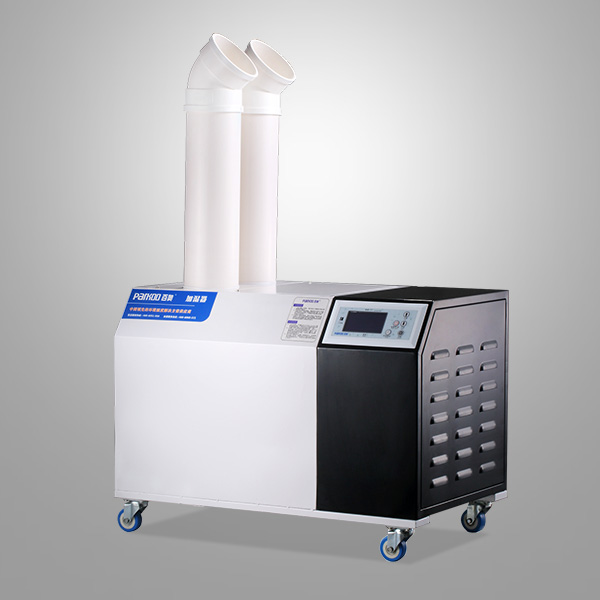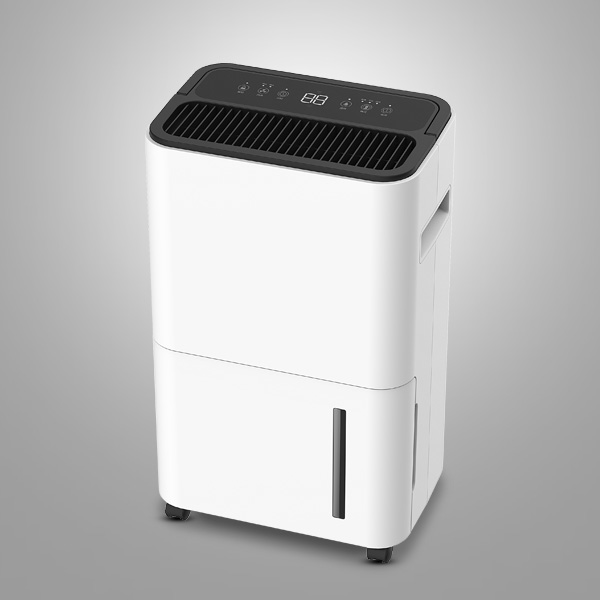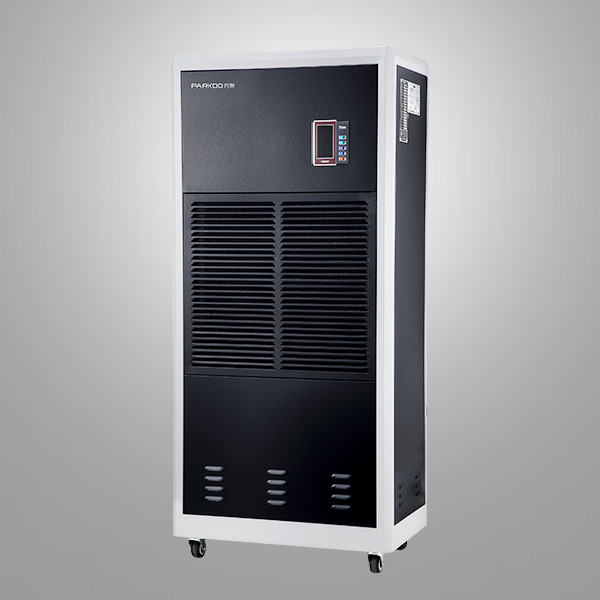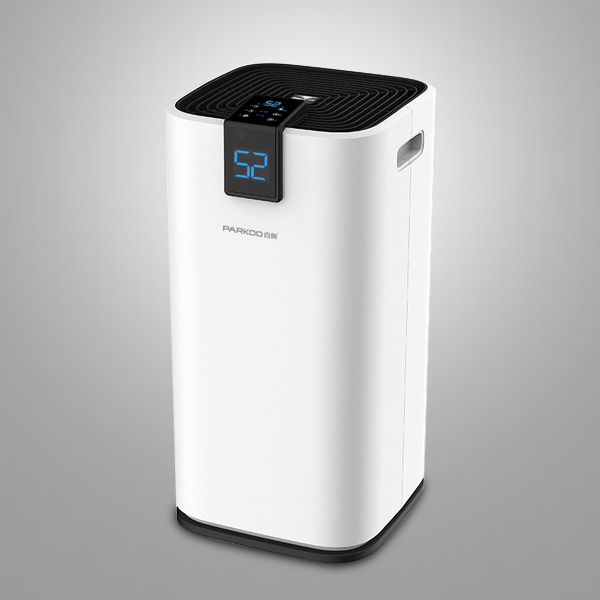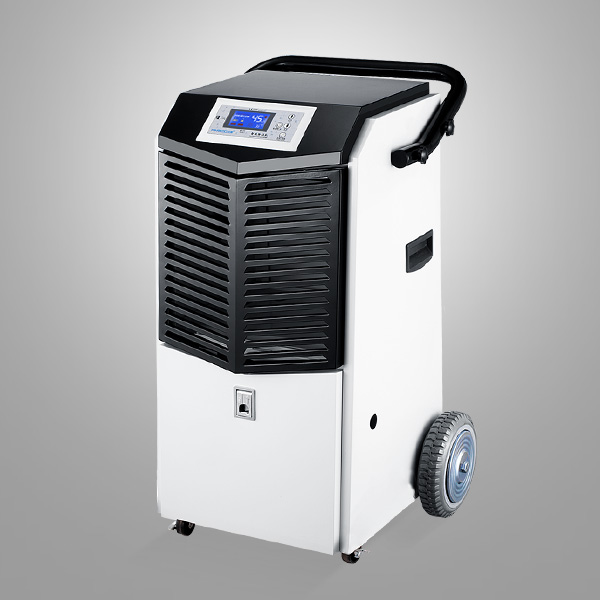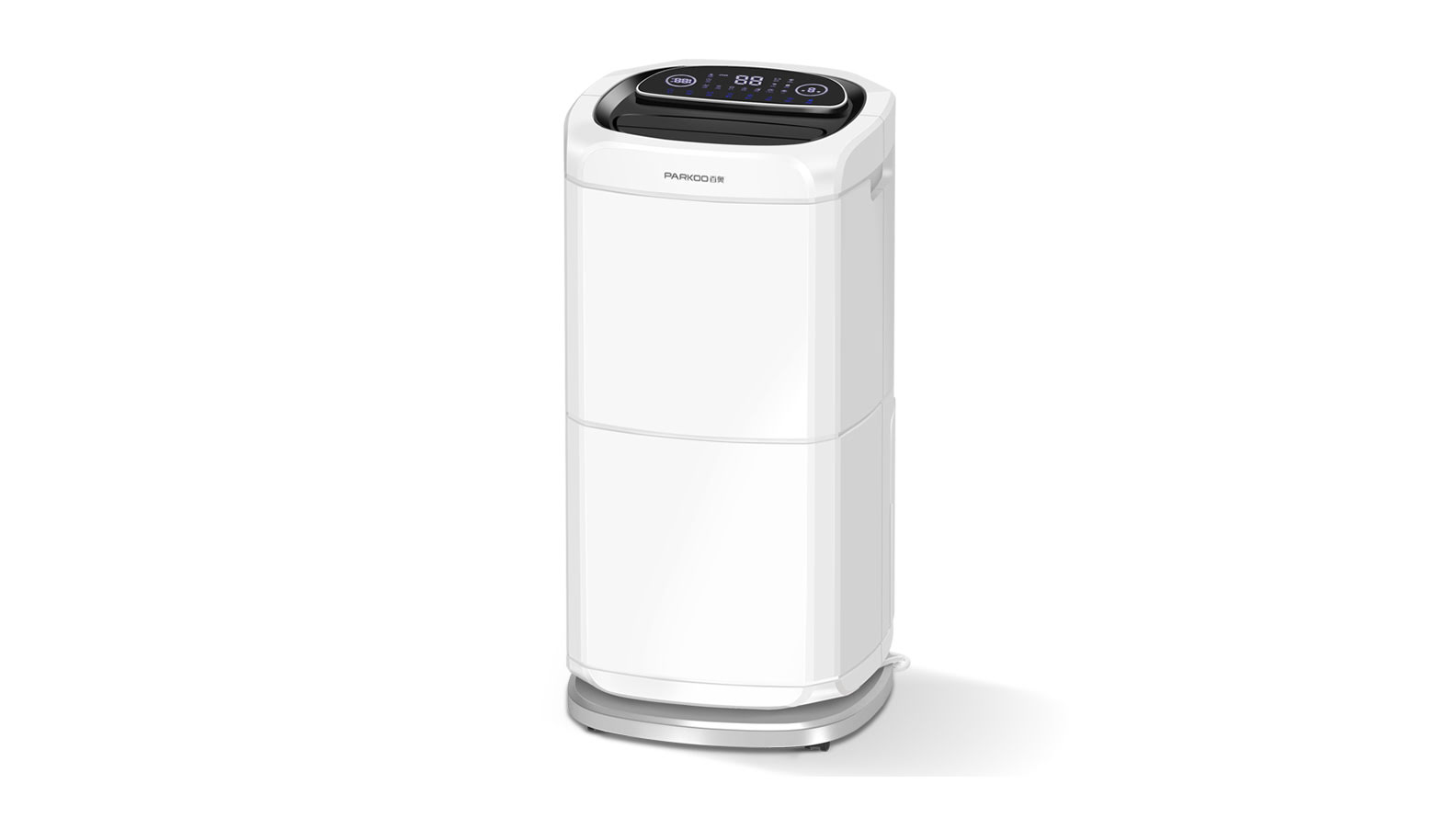Today, lithium batteries are becoming more and more popular in the battery world. They can be found in many of our personal cordless electronic applications, including PDAs, cell phones, portable CD p...
ToDay, Lithium Batteries are becoming more and more popular in the battery World. they can be found in many of our personal cordless electronic Applications, including PDas, cell phones, poRTable CD players, power tools, laptops, and more. but what happens when your CD player or laptop battery suddenly and unexpectedly dies. if you're using a lithium battery that is fully charged but doesn't last very long, there's obviously something wrong with the battery. Once corrosion or oxidation occurs inside the battery, you will not be able to repair the battery. To avoid these painful Consequences, There are some simple steps that can help Extend the life of your lithium ion battery.
1. Keep the lithium battery at 40% charge during storage.
while it is best to Fully charge a battery before use, it is Harmful to fully discharge a lithium ion battery before it is stored. The best battery manufacturers store Li-Ion batteries at around 60 degrees with a 40% charge level. 40% charge Maintains a sTeady state even if it means self-discharge levels. Some backup charge is Needed to keep the battery and its protective circuitry running during long term storage.
2. Never subject lithium batteries to high temperatures.
Lithium-ion batteries do not like heat. by placing lithium batteries at a constant high temperature, their life, runtime and charge capacity are significantly reduced. this is especially true for laptops. Laptops generate heat. If you treat your laptop as a desktop replacement and use it as a mains power source for a year, the lithium battery capacity may drop to 60% of its original maximum capacity, resulting in a significant reduction in battery life. This problem can be solved by removing the lithium battery when using a wired power supply.
3. always check the manufacturer's date of the lithium battery.
Are you Finding cheap lithium ion battery prices on eBay? Or have you found great specials on aging lithium batteries at discount Electronics stores? It may seem like a good value, but think again. Always check the manufacturer's date before Purchasing any lithium battery, and never buy a lithium battery until it is ready to be used. The life of a lithium battery begins to decline the day after it leaves the factory. No matter how well you take Care of your batteries, you may lose about 20% of your lithium battery power each year from the original Manufacturing date. It is best to ensure that the date of manufacture is within one year of the date of purchase.
4. Never overcharge lithium batteries.
It is best to remove the lithium-ion battery from the camera Unit when the digital camera is not in use. It is best to remove the lithium-ion battery when the camera is running on the power adapter. If you have spare lithium-ion batteries, use one for the camera unit and keep the other in the refrigerator to keep it cool. If you always leave lithium-ion batteries in the digital camera battery compartment, the batteries will beCome unusable at a faster rate. It is a good idea to give your digital camera a break by removing the batteries each time it is not in use.
5. Avoid frequent compLete discharge of lithium batteries.
One of the major advantages of lithium batteries is that they have no memory effect, which means that Charging for partially charged lithium batteries is harmless. For lithium batteries, frequent partial discharges from charging are Healthier than one long deep discharge. High discharge rates can lead to damage and strain on lithium batteries. However, by charging lithium-ion batteries at slower charge rates and more frequently, you can expect lithium batteries to last longer.
If you follow these Important Tips and recommendations, the typical life of a lithium-ion battery can be up to 2 years or the equivalent of 300 charges.
If the air huMidity in the lithium battery production workshop, storage and other Environments is too large, the lithium battery will absorb the Moisture in the air, and its internal humidity will increase, the water will decompose after charging, and the internal pressure of the battery will be large, and at the same time in the process of injecting the electrolyte, which contains LiPF6, when encountered with moisture, it will produce hydrogen fluoride (HF) to form a gas, which will Cause bulging shells, affecting the thickness, and incomplete SEI film formation etc. For this reason, the lithium battery production workshop for absolute deHumidification, purification has become an essential part of every lithium battery enterprise!
Related
Random reading
- What is the principle of Dehumidifier humidifier and...
- Special heating, drying, and dehumidification integr...
- Stainless steel also rusts, and dehumidifiers are im...
- Board dryer, board drying and dehumidification integ...
- Using Dehumidifier to Alleviate the Humidity Problem...
- Guide for selection of new technology household appl...
- Steam processing equipment
- How to avoid the mistakes of using the household deh...
- Dehumidifier rental, distribution in the same city, ...
- What problems should be paid attention to in the use...
- Archives dehumidifier dehumidifies and prevents mois...
- EBC project public toilet air disinfection and deodo...
- Dryers for the drying of Chinese herbs
- Dehumidifier manufacturers are numerous, so be caref...
- Dehumidifier for underground equipment room, humidit...
- Artificial ice rink dehumidifier, indoor ice rink de...
